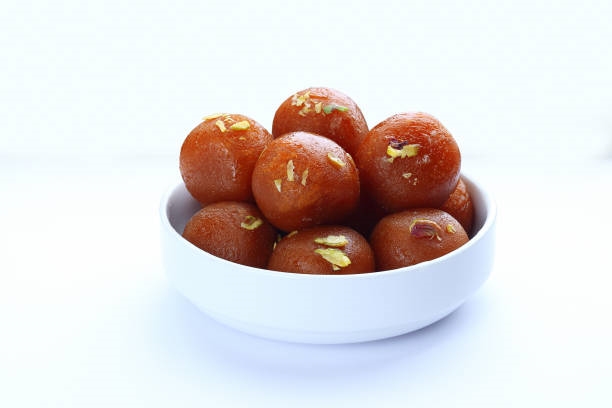
Bhai Dooj is celebrated two days after Diwali. The day honors the bonds among siblings. It usually occurs on the second lunar day of Shukla Paksha in the Kartika month, shortly after Diwali. Sisters perform in Tika rites to pray for their brothers' long lives and brothers present their sisters with gifts.
Bhai dooj is composed of two words: “Bhai” which means “brother” with “Dooj” which refers to the second day after the new moon.
In addition to inviting them and cooking delicious meals, sisters pray to God for their brothers' well-being and protection from misfortune and illness.

According to certain Hindu scriptures, after defeating the demon Narakasura, Lord Krishna visited his sister Subhadra. Subhadra greeted him with an aarti and a ceremonial tilak on his forehead. She also offered him sweets and flowers. Lord Krishna, touched by her gesture, bestowed numerous blessings upon Subhadra. Hence, the festival of “Bhai Dooj” was born.
Other scriptures mention that Goddess Yamuna longed for her brother Yama, the deity of death, and greeted him lovingly with a Tilak and a feast 2 days following Diwali. Touched by her gesture, Yamraj presented her with a gift that signified his love and affection towards her. The God of Death further stated that any brother who accepts an 'aarti' and 'tilak' from his sister on this day should not fear death.

Bhai Dooj is known as Bhau Beej in Maharashtra and Goa and Bhratri Dwitiya in certain areas of Uttar Pradesh and Bihar. In West Bengal, Tripura, and Bangladesh, Bhai Dooj is celebrated as Bhai Phonta, and in Nepal, the festival of Bhai Dooj is celebrated as Bhai Tika.

Bhai Dooj, like Rakshabandhan, strengthens the brother-sister bond.
We wish everyone a happy Bhai dooj filled with love and affection.

WildestDreams
























comment:
p_commentcount